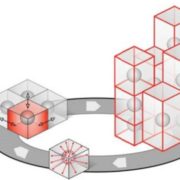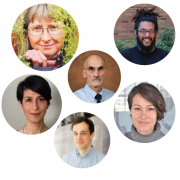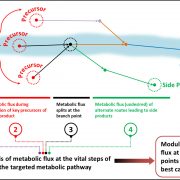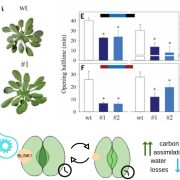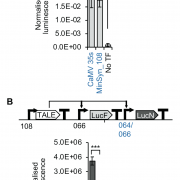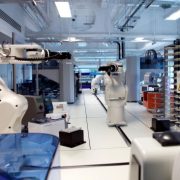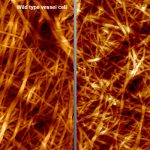Interviews with synthetic biologists: Matthew Mattozzi
Synthetic biology is a set of tools, a way of thinking, the integration of engineering principles into biological sciences, and potentially the biggest opportunity for advances in plant sciences since PCR. Yet many struggle to define it, and fewer still grasp its full potential.
Now, four early-career synthetic biologists have conducted a set of video interviews with leaders in the field of plant synthetic biology, in both academic and industrial arenas.
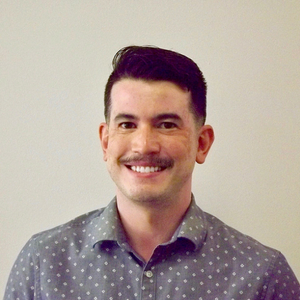 In the third of the series Interviews with Synthetic Biologists, Steven Burgess, Visiting Scholar at the University of Illinois at Urbana-Champaign, interviews Matthew Mattozzi.
In the third of the series Interviews with Synthetic Biologists, Steven Burgess, Visiting Scholar at the University of Illinois at Urbana-Champaign, interviews Matthew Mattozzi.
Matthew Mattozzi, Ph.D. is the Manager of Scientific Operations at Conagen Inc., research, development, and fermentation scale-up company based in Bedford, MA. He is the founder of two startup companies, a lecturer in biomolecular engineering, the author of over ten peer-reviewed scientific publications and listed as an inventor on four patents. Prior to his work at Conagen, he worked as a scientist with expertise in reprogramming E. coli, yeast, plant, soil bacteria, and cyanobacterial metabolism. He obtained his Ph.D. at UC Berkeley with Jay Keasling at the Joint BioEnergy Institute, and his postdoctoral training at Harvard with Pam Silver at the Wyss Institute for Biologically Inspired Engineering.
Conagen Inc. is a leader in bio-manufacturing that uses modern synthetic biology tools to design metabolic pathways, improve production organisms, and develop fermentation processes. Conagen Inc. focus on bio-production of high-value ingredients for the food, nutrition, pharmaceutical, and renewable materials industries.
What is the difference between biotechnology and synthetic biology?
Synthetic biology takes a more holistic view … you can do things like multi-gene editing. … We create products that were initially made in rare plants in industrial scale.
What is the biggest challenge when making plant-derived compounds in microbes?
The regulatory pathways and tissue types that a plant has are hard to replicate in a microbial system that is amenable to large-scale fermentation. There are tricks … these are areas of our research.
What excites you most about synthetic biology?
I think it’s really amazing that we understand enough about the way that a plant makes a compound that we’re able to replicate it in a completely heterologous system. By trying to engineer the systems, you learn a lot about how the original systems work in the first case.
Do you have any advice for budding synthetic biologists?
It’s really important to be able to really good at one of the key aspects of synthetic biology, an be an expert in that, but be able to speak the language of your neighbors.
From discovery to market
Our ingredient is BESTEVIA Reb-M, it’s a stevia sweetner. The first products were easy to extract. Reb-M is a small component of the stevia leaf extract that is more sugar-like in flavor. At Conagen we take the initial stevia leaf extract and convert it to Reb-M.
Steven Burgess did his PhD at Imperial College London, and was a post doc with Julian Hibbard in Cambridge. He is currently a Visiting Scholar at the University of Illinois whose research interests are focused on improving photosynthetic performance of crops for increased yields, using conventional breeding, random mutagenesis and synthetic biology approaches. Follow Steven on Twitter at @sjb015.


